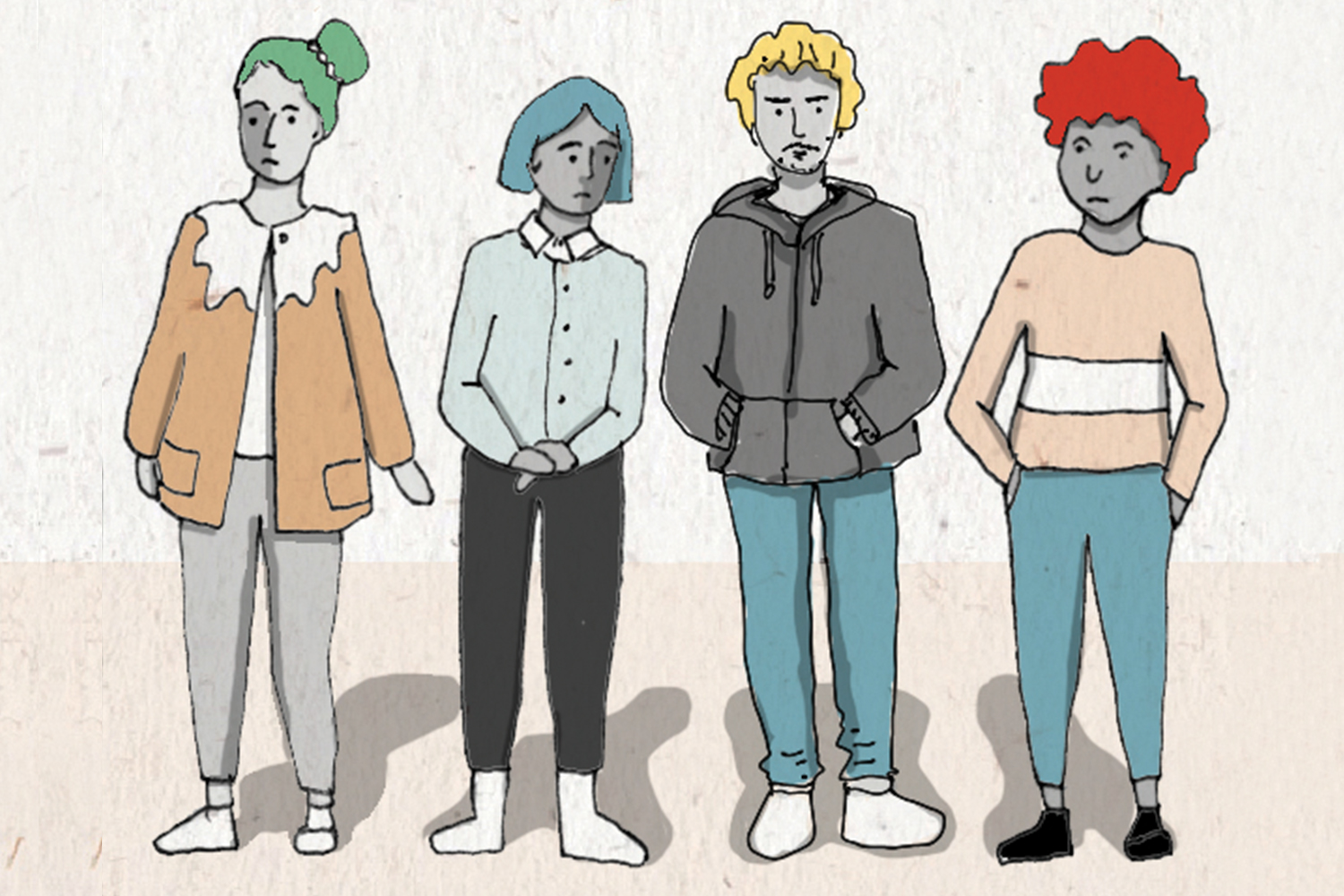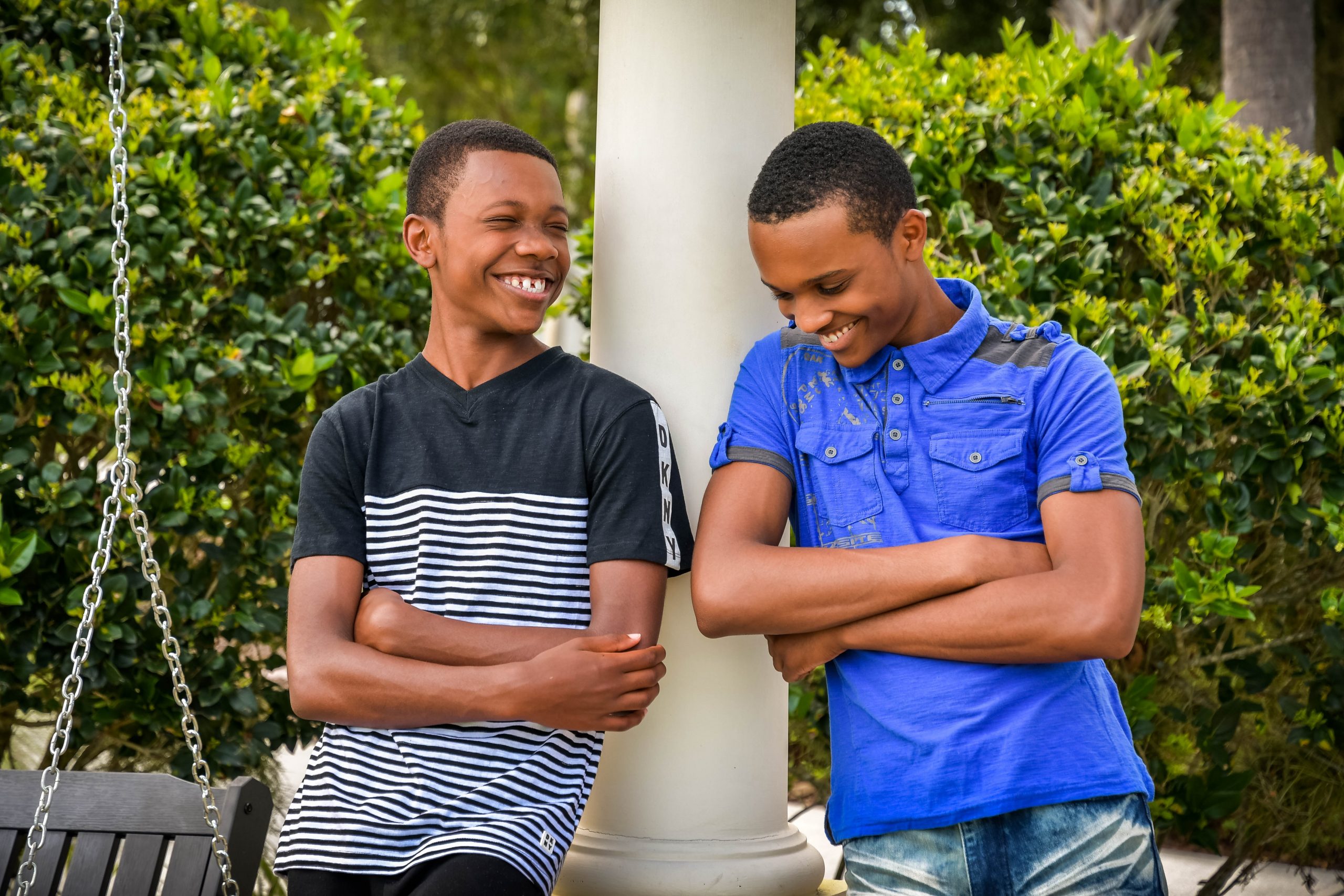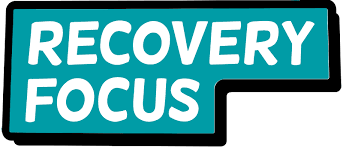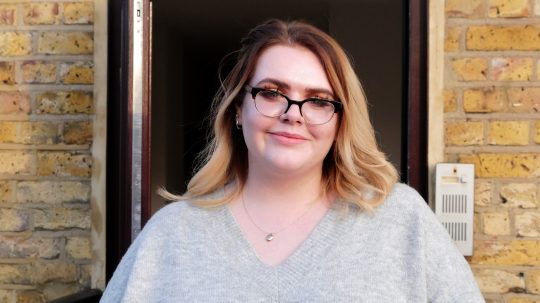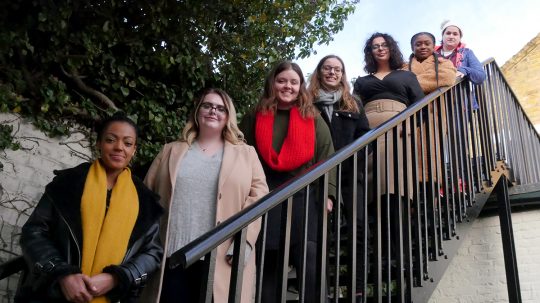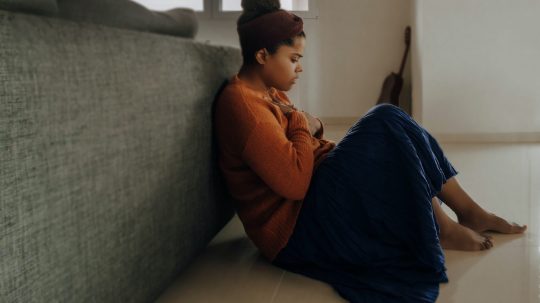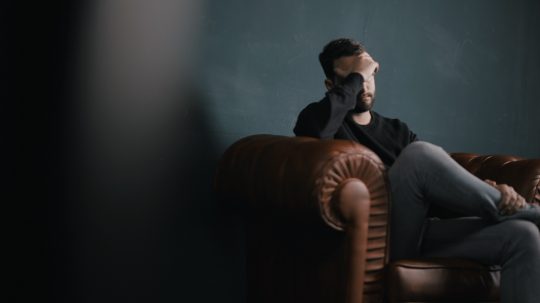When we partnered with EachOther to help our service users tell their stories, we didn’t know what to expect. The results reveal the reality and complexity of living with a mental health diagnosis.
I am very proud to be Chief Executive for Recovery Focus, a group of charities that provide specialist support services to people living with the effects of mental ill health, drug and alcohol use, gambling and domestic abuse.
Our story began over 60 years ago when the charity Richmond Fellowship was founded to support people experiencing mental ill health to live amongst their local community, not apart from it. Back then the organisation recognised that mental ill health should not be a barrier for anyone to be part of their community and society as a whole, and pioneered services accordingly.

Credit: Priscilla Du Preez / Unsplash
Now, as a group of charities, we support more than 18,000 people a year to get the life they want and find ways to cope with challenges they face on the way. We know that people’s recovery journeys are rarely short or straightforward, and often require long-term support that will need to come from many places. We are honoured to be a part of so many people’s recovery journeys and are especially proud of the staff and volunteers who deliver this vital support.
With all this in mind, we are always looking for new and different ways to bring people’s recovery journeys – and the support they receive – to life. We know how powerful it can be for people to recognise themselves in other people’s stories and to know that there are pathways ahead.
We also know that the traditional “case study” format can be dry or off-putting, and doesn’t always do justice to the complexity of people’s lives. So we leapt at the chance to work with EachOther and young people who’ve used our services to tell their stories in a new way.
You probably don’t need to be told that rates of mental ill health are on the rise amongst young people, yet it’s worth reiterating. According to the most recent Mental Health of Children and Young People Survey, in 2017 one in nine 6 to 16-year-olds and one in ten 17 to 19-year-olds experienced mental health issues. By 2021, those figures have significantly increased – now one in six face issues, in both age groups. And yet tragically wait times for treatment are increasing. Protecting young people’s right to health – enshrined in the International Covenant on Economic, Social and Cultural Rights and outlined in the UN’s Factsheet on the Right to Health – has never been more important.
We are proud to offer a range of services for young people from across our group of charities – such as Richmond Fellowship’s Castle service in Cambridge, which offers housing support for 16- to 25-year-olds experiencing mental health difficulties, or Aquarius’ early intervention drug and alcohol service for 10- to 16-year-olds in Northamptonshire. These are services on the frontline dealing with the realities of the statistics I highlighted above. Yet all too often their support services and the young people they support aren’t appreciated or understood as they should be.
We have not directed the process at all – instead, we’ve connected young people who were keen to get involved with the experts at EachOther and waited to see what they had to say. We didn’t have a set idea of what the end product would be and have been as fascinated as you will be by the stories that have come out.
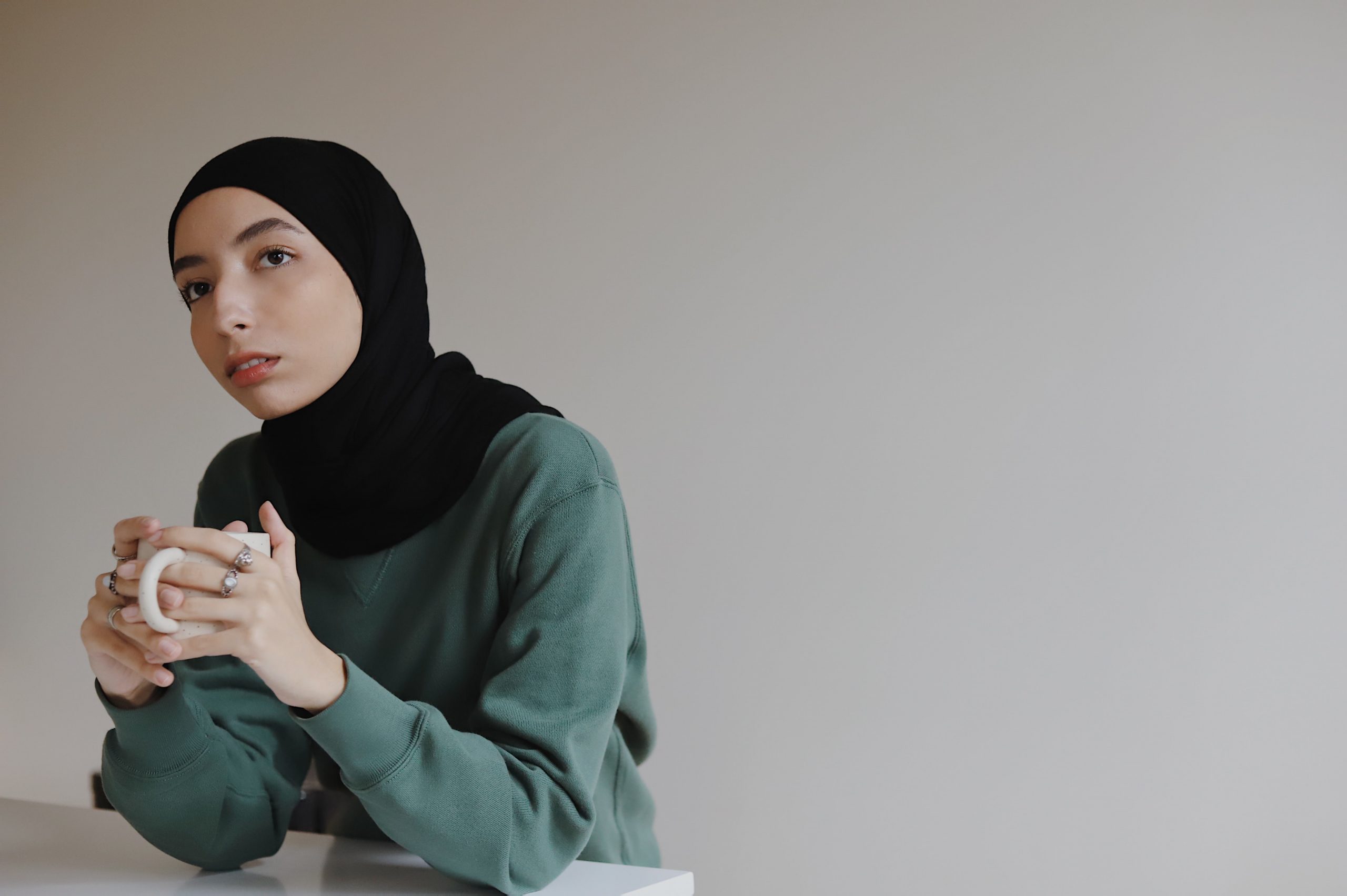
Credit: Good Faces / Unsplash
They’re being released at a time when young people’s mental health is getting talked about a lot, yet the support system out there feels increasingly precarious. The pandemic only exacerbates existing needs and issues – and these comic strips are an important snapshot of a moment in time. We want these comic strips to help people seek support if they need it, and know where to go for it.
But we also hope these stories help more people understand what life is really like for young people with mental health needs, the complexity of their situations, and the nature of the support they need and have a basic human right to. These comic strips are absorbing and compelling and we thank the young people involved for sharing their stories, and EachOther for bringing them to life in this remarkable way.
If you want to find out more about our work and the support we provide please visit recoveryfocus.org.uk.
The views expressed in this article are those of the author and do not necessarily reflect the views of EachOther.

